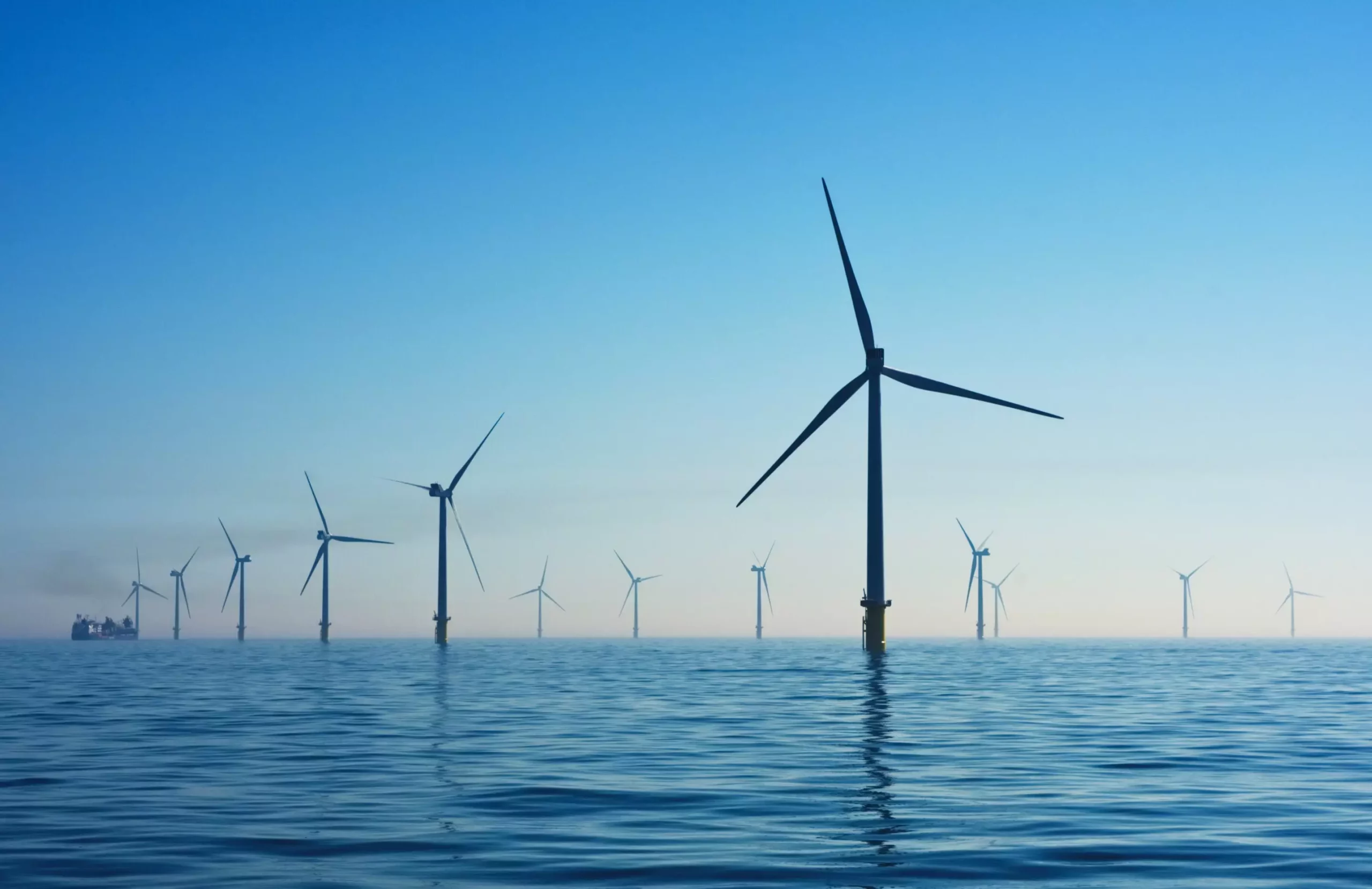The debate surrounding offshore wind farms in Nantucket embodies a larger national conversation about renewable energy and its impacts on marine ecosystems. As the urgency of transitioning to clean energy sources grows, communities such as Nantucket are increasingly caught in the crosshairs of progress and conservation. In a significant move, residents have taken a stand by petitioning the Supreme Court to hear their appeal against a recent judicial decision that seemingly permitted federal agencies to expedite approvals for offshore wind projects without adequately considering their ecological ramifications.
The community group ACK for Whales, which spearheads this petition, emerged as a prominent voice amid rising concerns after a summer incident involving a significant turbine blade failure at the Vineyard Wind project. This event catalyzed local opposition and served as a stark reminder of the potential risks associated with offshore wind farms. The group argues that the federal government’s haste to approve such projects, namely the Nantucket’s offshore wind initiative, overlooks critical environmental laws designed to protect the endangered North Atlantic right whale.
The lower court’s ruling, upheld by the U.S. First Circuit Court of Appeals, dismissed the group’s claims that federal agencies breached the Endangered Species Act (ESA). The implications of this decision cannot be understated; residents are alarmed that the construction of a 62-turbine, 806-megawatt wind farm could lead to irreversible damage to a species already facing steep challenges. By prioritizing rapid deployment over due diligence and environmental safety considerations, the government seems, in their view, to be jeopardizing the well-being of vulnerable marine species.
In their petition, ACK for Whales underscores a critical aspect of environmental law: the obligation to utilize “the best available scientific and commercial data” in regulatory decisions. President of ACK for Whales, Vallorie Oliver, contends that the government’s choice to expedite project approvals while glossing over potential environmental hazards represents a troubling pattern. The historical precedent set forth in the ESA, especially during times of ecological crisis, mandates careful evaluation rather than political posturing.
Moreover, the conversation surrounding accountability and the interpretation of legal standards is further complicated by recent court rulings. The Supreme Court’s decision in the case of Loper Bright taps into broader discussions on administrative agency power, establishing a potential shift that could impact how environmental regulations are interpreted and enforced. ACK for Whales’ attorney, Nancie Marzulla, articulates a belief that judicial oversight should extend to federal agency interpretations, especially when they may bypass fundamental legal requirements, like those embedded in the ESA.
This conflict in Nantucket not only brings local voices into the spotlight but also reflects a growing awareness and activism surrounding energy policy and environmental stewardship. Residents are increasingly vocal about their opposition to offshore wind development without comprehensive assessments that consider ecological impacts. By demanding judicial intervention, ACK for Whales is not merely championing the rights of right whales; they are framing a narrative about community resilience and the preservation of endangered species at the hands of industrial energy development.
The push for a moratorium on offshore wind development represents a significant shift toward precautionary principles in environmental governance. While renewable energy sources are crucial in mitigating climate change, local communities stress that such advancements should not come at the cost of irreversible harm to existing ecosystems. The efficacy of wind energy cannot be fully appreciated if its implementation leads to the degradation of marine biodiversity.
As the Supreme Court deliberates on whether to hear ACK for Whales’ case, the implications of this dispute resonate well beyond Nantucket. This scenario emphasizes that the future of offshore wind energy in the United States hinges not simply on technological capabilities but also on the intricate balance between energy needs and ecological preservation. The paradigm shift toward renewable energy must be approached with diligence, ensuring that federal policymaking reflects both urgency in addressing climate change and a steadfast commitment to environmental integrity.
Nantucket’s legal battle stands as a microcosm of the broader tensions that confront communities facing transformative energy projects. As activists rally around this cause, it underscores the necessity for transparent governance that prioritizes environmental protections alongside sustainable energy advancements. The outcome of this case will likely reverberate across similar disputes nationwide as society navigates the complexities of conservation versus progress.


Leave a Reply
You must be logged in to post a comment.